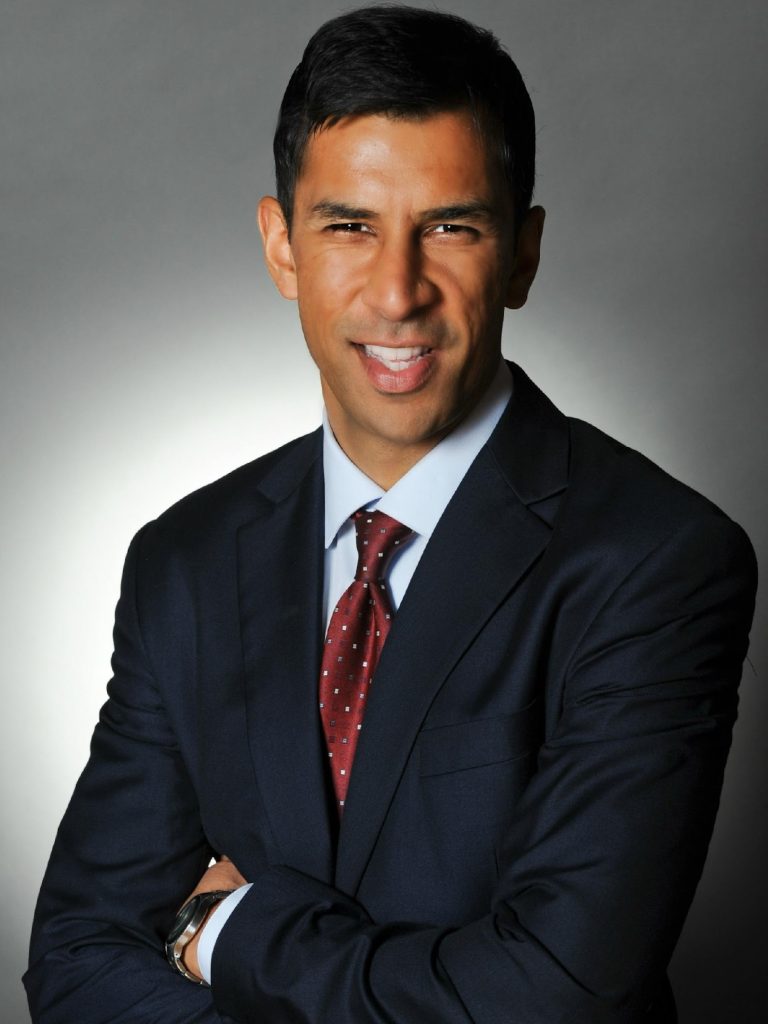
- Kindly give our readers an introduction to your business. Please include what your business is all about, in which city you are located and if you have offices in multiple locations/ cities.
- We are a law firm in Minneapolis that represents individuals suing large corporations or the government, and we specialize in taking cases to trial before juries.
- Kindly give us a brief description about yourself (it should include your brief educational or entrepreneurial background and list some of your major achievements).
- I graduated from the University of Minnesota, and from New York University School of Law. Then I joined the Marine Corps as a Judge Advocate, and served for 4 years, including a tour in Iraq. After I got out of the Marine Corps, I worked at a large firm in town for about a year, and then took a sabbatical from the law to run for Congress. I ran a great race but came up a bit short in the election. I then started this firm in 2009, with the goal of evening the odds for individuals in our community facing larger entities with more resources.
- What inspired you to (start a new business venture) or (to make significant changes in an existing business)? How did the idea for your business come about?
- I went to law school because I wanted to be a trial lawyer. I got a ton of trial experience in the Marine Corps. When I got out, I realized that most civil lawyers haven’t tried any cases in their entire life. And that’s unfortunate, because juries are the great equalizer, and I think that they are fair and just. So, I wanted to start a firm that could represent individuals going through hard times against much larger and more powerful entities, and I wanted the firm to be trial focused, and specialize in taking cases to trial before juries.
- What three pieces of advice would you give to budding entrepreneurs?
- Well, I’m still learning, so the advice I give is going to be the same advice I try to abide by for myself every day. First, read. Read a lot. There are many people who have gone before us who have learned many valuable things through trial and error, and years of experience. Many of them have achieved exceptional results, and written books about how to do the same. By maintaining a consistent habit of reading, we can learn things that take years, or even decades, off our learning curve. Second, set the highest standard for excellence in everything that you do. How you do anything is how you do everything. If we develop a habit of doing our best at every single thing, then we will become accustomed to a standard of excellence and push ourselves and our teams to meet it all the time. Third, take extreme ownership, and adapt and overcome. There will always be problems that arise in any one of your plans, and obstacles and hurdles. But success is on the other side of them. If it was easy, then everyone would do it. So just decide, take ownership of whatever it is, and decide that you’re going to find a way to get the job done, no matter what. And then when hurdles and obstacles arise, you’ll find a way around them.
- What would you say are the top three skills needed to be a successful entrepreneur?
- Desire. Consistency. And creativity.
- How many hours do you work a day on average?
- 9 or 10.
- To what do you most attribute your success?
- To having an ego that is based on learning something every day. I try to not have an ego that is dependent on things that I cannot control, like other people’s opinions of me. Instead, I tried to get 1% better every single day. If I do that consistently, then every year I’m at least 365% better than when I started that year. That compounding is very hard to stop.
- How do you go about marketing your business? What has been your most successful form of marketing?
- It’s very hard to argue with results. So, we try to get massive and exceptional results for our clients. Word gets around, and other lawyers start bringing their cases to us, because they know how much value we can add.
- Where did your organizations funding/capital come from and how did you go about getting it? How did you obtain investors for your venture?
- When I lost my race for congress, I was pretty much broke. In fact, I had to move back in with my parents for a while. My father gave me a $5,000 loan, which I used to buy my computer and to rent an office for a month.
- What is the best way to achieve long-term success?
- Build discipline in yourself. And build a great team around you.
- Where do you see yourself and your business in 5 – 10 years?
- I see myself continuing to try cases on behalf of individuals against large corporations. I love what I do. My firm may continue to grow, and our cases may get larger, but at core, I want to keep doing what I’m doing. I feel very lucky to have this job.
- Excluding yours, what company or business do you admire the most?
- I admire Elon Musk’s companies. I admire his ability to take risks, and his complete and supreme confidence in himself. I admire his ability to dream massive dreams, to think of things that seem completely impossible, and then make them reality, and in fact even commonplace, within years.
- How important have good employees been to your success?
- Critically important. I have been very, very lucky to have had exceptional people join my team and stick with my team for years. There is no way that our firm would be what it is without them.
- How long do you stick with an idea before giving up?
- It depends on the idea. And it depends on how it was executed. And it depends on what our data is showing about it. So, for example, if I read from another great trial lawyer that they have used an idea to great success, and then I try it once and it doesn’t work for me, it’s probably because I did it wrong. So, I’ll read more about it, and try to execute it differently a second time. And, if that doesn’t work, maybe I will adjust the approach and try it again a third time. If it still doesn’t work, it depends on how much I like the idea and how much I believe in it. If I really believe in it, then I’ll keep trying it and adjusting it until it works for me. But if I’m kind of so-so about it in the first place, then I’ll probably ditch it and try something else.
- What motivates you?
- Competition. Winning. Not losing. And my family.
- What are your ideals?
- Self-discipline and self-control. Fearlessness. Serenity.
- How do you generate new ideas?
- I read quite a bit. Most of my ideas are not original but come from things I’ve read. Either directly or putting ideas together that I’ve read in different books. Sometimes that process will help me generate my own original ideas, but more often it’s just me putting my own spin on an idea that I read about.
- How do you define success?
- That’s a great question. I don’t really know. Certainly, being physically and mentally healthy, and having a partner that you love and who loves you is at the top. Honestly, I think that if I have my health, and if the people I love are healthy, then I have everything.
- How do you build a successful customer base?
- I think that kind of comes naturally after you start kicking butt and delivering exceptional service and exceptional results. People recognize when you are going above and beyond for them. They get it when you are head and shoulders above everybody else. And they rave about it.
- What is your favorite aspect of being an entrepreneur?
- Building something. Starting with a speck of dust, and then through hard work and creativity and an awesome team, building something meaningful and growing it.
- What has been your most satisfying moment in business?
- I don’t really have a moment like that. I actually just really love this job. Like any job, there’s parts that aren’t fun, and parts that are stressful. And parts that are hard. But it’s all growth. Even the hard things, and even the losses, make me better and make me stronger, and help me grow. Some of the best moments really, are my mornings. When I’m not in trial, I have pretty leisurely mornings. I like to get a workout in, and then play with my kids for a while before I come in around 10:00 or 10:30. I feel very lucky and very grateful to have that kind of flexibility in my job. I guess those are some of my favorite moments.
- What do you feel is the major difference between entrepreneurs and those who work for someone else?
- I don’t know if I can say that there’s a major difference, or that there’s two different kinds of people like that. To me it’s kind of Yin and Yang, they go together. I’ve been so lucky to just have found exceptional people to help me build this, and there’s no way we would be anywhere without them. I guess if I had to choose something, maybe I would say tolerance for risk is a difference. But then again, employees tolerate a great deal of risk as well, arguably more so, because there’s so much that they can’t control. So, I don’t really know.
- What kind of culture exists in your organization? How did you establish this tone and why did you institute this particular type of culture?
- We work really hard on this. We have five core values at our firm. First, we take extreme ownership: we adapt and overcome. Second, we set the highest standard for excellence in everything that we do. Third, we never stop learning. Fourth, we use our creativity to even the odds against larger opponents. And fifth, we do the right thing even when it’s hard. Those values are up on our wall, and we have monthly lunch learning sessions to go over things that we’ve learned, things that we can apply, or new developments in our field. I really value a culture of constant learning. We try to encourage that by supporting people in whatever opportunities they find and that they are interested in that they believe will add value to themselves, and to our firm.
- In one word, characterize your life as an entrepreneur.
- Growth.
For more information visit us athttps://madialaw.com/

